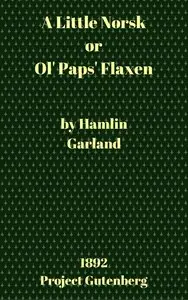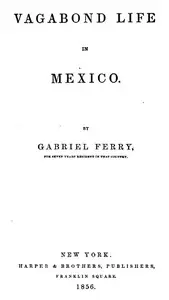"Beauchamp's Career — Volume 7" by George Meredith is a novel written during the late 19th century. The work unfolds around the complex narrative of Nevil Beauchamp, exploring themes of love, duty, and social aspirations against the backdrop of personal and public struggles. It delves into the relationships that shape Nevil's life, particularly focusing on his interactions with his uncle, Lord Romfrey, and his love interests, highlighting the challenges faced by those who aspire to make a difference in society. At the start of the novel, the atmosphere is tense as Lord Romfrey arrives at Dr. Shrapnel's home amidst a gathering indicating a serious illness, presumably that of his nephew Nevil. The Earl's apprehension regarding Nevil's condition is palpable, as he becomes embroiled in the distress of the household, characterized by a chaotic scene outside the doctor’s cottage. Amidst a mix of emotions and social dynamics, we witness the Earl grappling with the implications of Nevil's illness and how it may affect his family dynamics. The narrative establishes not only the physical state of Nevil but also highlights the emotional turmoil of those around him, including the concerns of Lady Romfrey, leading into the exploration of themes like loyalty, political ideologies, and the intricate connections that define their lives. (This is an automatically generated summary.)

Beauchamp's Career — Volume 7
By George Meredith
"Beauchamp's Career — Volume 7" by George Meredith is a novel written during the late 19th century. The work unfolds around the complex narrative of N...
George Meredith was an English novelist and poet of the Victorian era. At first, his focus was poetry, influenced by John Keats among others, but Meredith gradually established a reputation as a novelist. The Ordeal of Richard Feverel (1859) briefly scandalised Victorian literary circles. Of his later novels, the most enduring is The Egoist (1879), though in his lifetime his greatest success was Diana of the Crossways (1885). His novels were innovative in their attention to characters' psychology, and also portrayed social change. His style, in both poetry and prose, was noted for its syntactic complexity; Oscar Wilde likened it to "chaos illumined by brilliant flashes of lightning". Meredith was an encourager of other novelists, as well as an influence on them; among those to benefit were Robert Louis Stevenson and George Gissing. Meredith was nominated for the Nobel Prize in Literature seven times.












